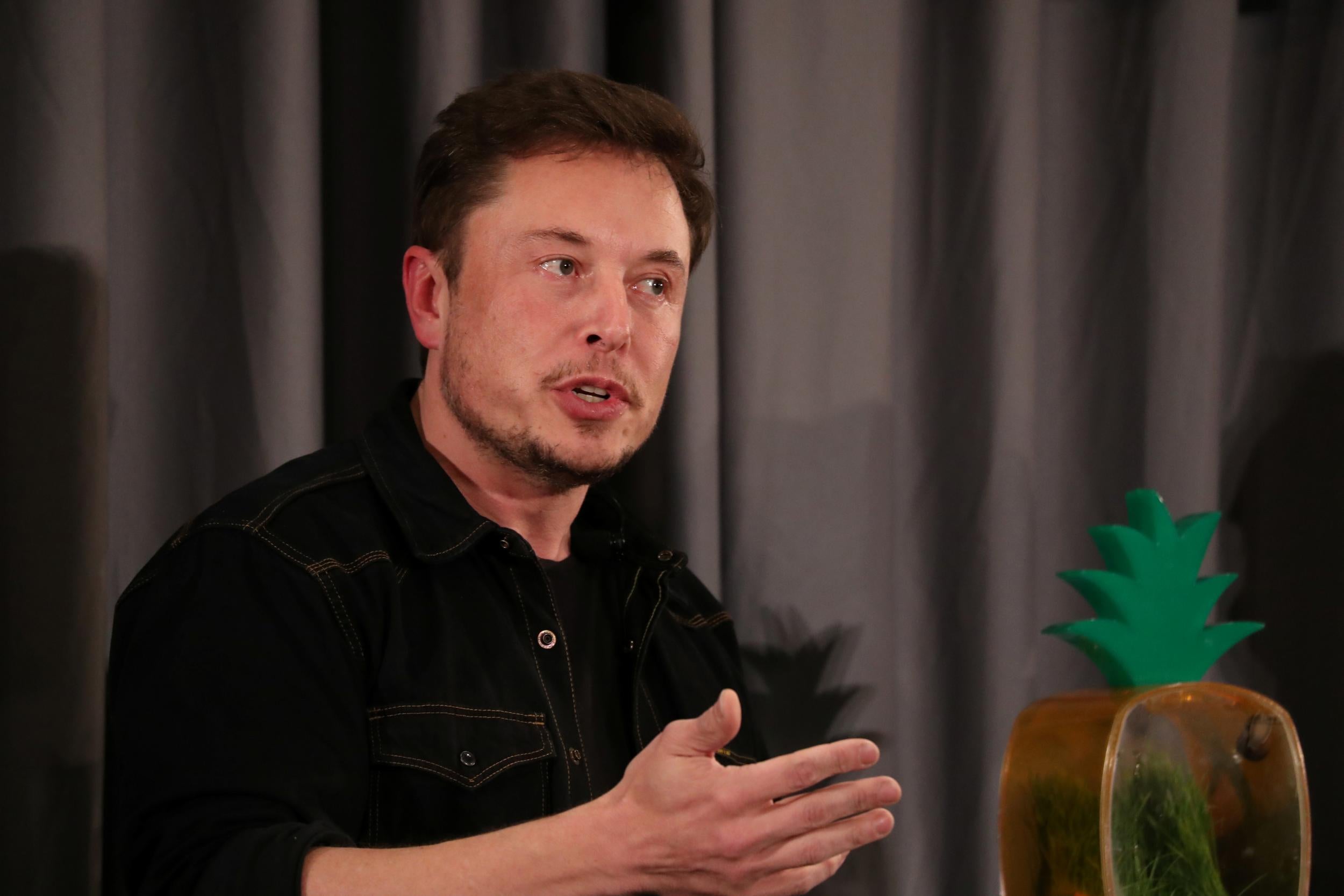Elon Musk’s tweeting habits serve as a useful lesson to modern CEOs
The Tesla boss' choice of Twitter for such important news shows how the network is changing – and what it may become

Elon Musk tweets that he is “considering taking Tesla private at $420. Funding secured.”
The Securities and Exchange Commission wastes no time in declaring they will be investigating whether the tweet is truthful. They will also look into why the carmaker’s boss chose to tweet the news, and not use the official channel.
But, thanks to a previous row also concerning social media, involving Netflix CEO Reed Hastings, who posted on his Facebook page that viewership figures were ahead of target, Musk would appear to be in the clear regarding the use of a tweet. Under the US Fair Disclosure rules, companies must “distribute material information in a manner reasonably designed to get that information out to the general public broadly and non-exclusively”.
The Hastings case saw the Securities and Exchange Commission clarify the position that a social media post on its own is not sufficient, unless investors have been told in advance to watch for announcements on the network. Sure enough, Tesla had previously said Musk’s Twitter account may be used to disseminate company information.
The risk for Musk is that he is fibbing. That he’s not serious or even if he is, he does not have the financing in place. Then, he could be open to lawsuits for issuing a materially false statement. Here, he may be in some difficulty – banks that would normally provide financing for a major buyout, $70bn (£54bn), are claiming no knowledge of an attempt to secure such a large amount of money.
Where the controversy goes is hard to tell. What’s clear, though, is that Musk, a maverick and pioneer, has upset the establishment big time with his move. And what’s annoying them a lot is his choice of Twitter.
Market moving information is simply not relayed in this way, you can hear them harrumphing. It’s not how such a vital development should be conveyed to investors.
Their fury won’t be lost on Musk – in fact he will probably be tickled by it, providing proof as to why he is right to be taking Tesla back into the private arena, away from lawyers and regulators with their petty rules and formal, bureaucratic processes.
It will appeal to him, too, that he is striking new ground. He’s put those who are most interested in him, his 22 million Twitter followers, first. He’s reached out to them directly, in his own, simple, direct words.
Musk’s choice of Twitter for such important news shows how the network is changing – and what it may become. Originally billed as a medium for everyone, where everybody had a voice, Twitter’s significance is shifting to becoming a newsfeed for celebrities, business figures and politicians.
It still supplies the big, trending conversation but increasingly, it’s the medium of choice for those with the loudest voices, which means those with the biggest audiences, which means those with the highest profiles. Everyman remains, but it’s the Somebody who dominates.
Twitter enables them to avoid traditional media, to not have to deal with journalists, and in the instance of Musk, officials and lawyers. They can say it how they want, when they want, and to whom they most want to reach.
The arch exponent of using Twitter to bypass the mainstream media is Donald Trump. At first his tweeting was widely dismissed as the equivalent of shouting and firing cheap shots, suitable to his aggressive style of politics.
But it was always subtler than that. Why did he tweet at such godforsaken times, in the middle of the night, when the rest of the United States was sleeping? That was attributed to his cavalier nuttiness. In fact, it was calculating – hitting the world before the liberal mainstream titles, which he loathed and they him, held their morning editorial conferences. He made sure that top of their schedule would be Trump’s nightly tweet. He was setting their agenda, not the other way round.
In business, plenty of high profile, colourful characters latched to Twitter. But arguably it was not until Lloyd Blankfein, then head of Goldman Sachs, started tweeting regularly, that a breakthrough came.
Blankfein was from a conservative investment bank where public utterances were dissected and analysed before being issued. And it would show, with statements frequently written in technical legalese, by a committee rather than an individual. No one spoke like that – and this from a corporation, like so many others, that craved to be regarded as human.
Tweets enabled Blankfein to use his own voice, to speak in ordinary, everyday language, to be easily understood. It gave him personality.
Learning to tweet confidently, consistently and regularly must be a prerequisite for any modern chairman or CEO. For many, taught while climbing the management ladder, to keep their heads down and to say nothing in public – not without clearance anyway – this is not so easy as it sounds. They must avoid being banal (when Twitter first took off people felt the need to use it to tell others where they were and what they were doing – “taking the children for a swim” – as if anyone cared) and too management.
In using Twitter in the way he has, Musk, ever the innovator, is showing others how it’s done.
Chris Blackhurst is a former editor of The Independent, and director of C|T|F Partners, the campaigns and strategic communications advisory firm.
Join our commenting forum
Join thought-provoking conversations, follow other Independent readers and see their replies
Comments